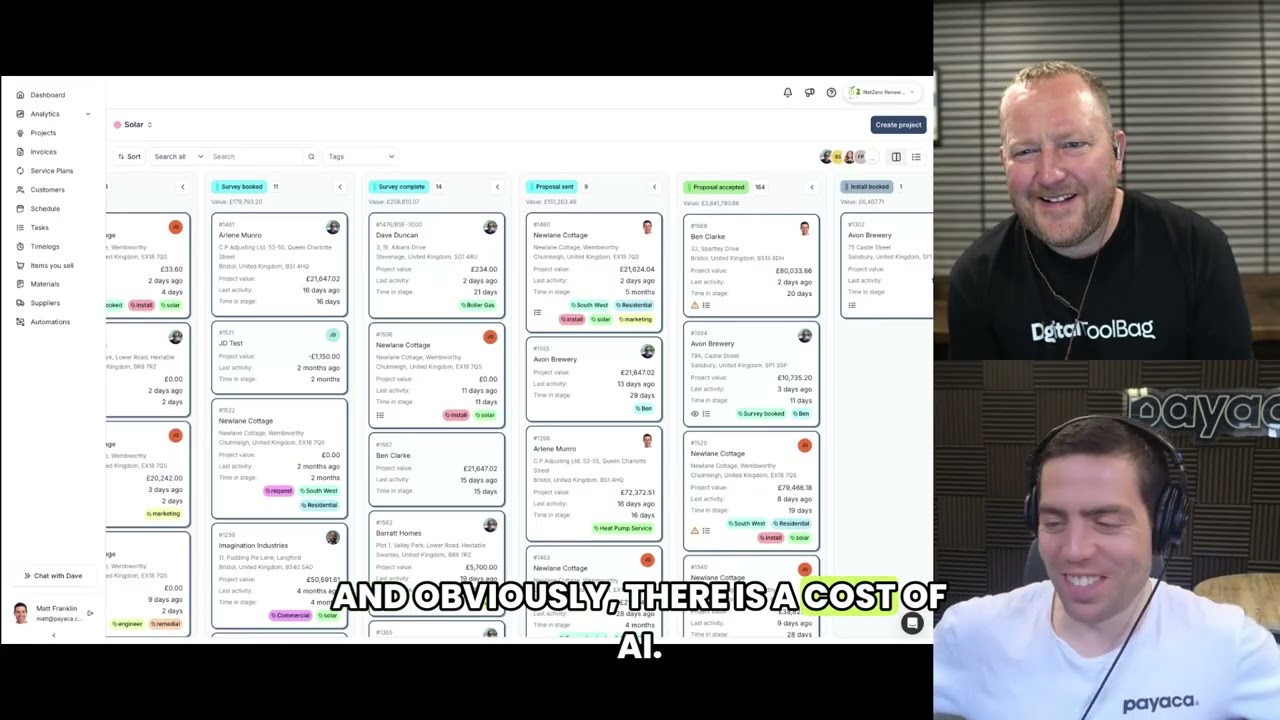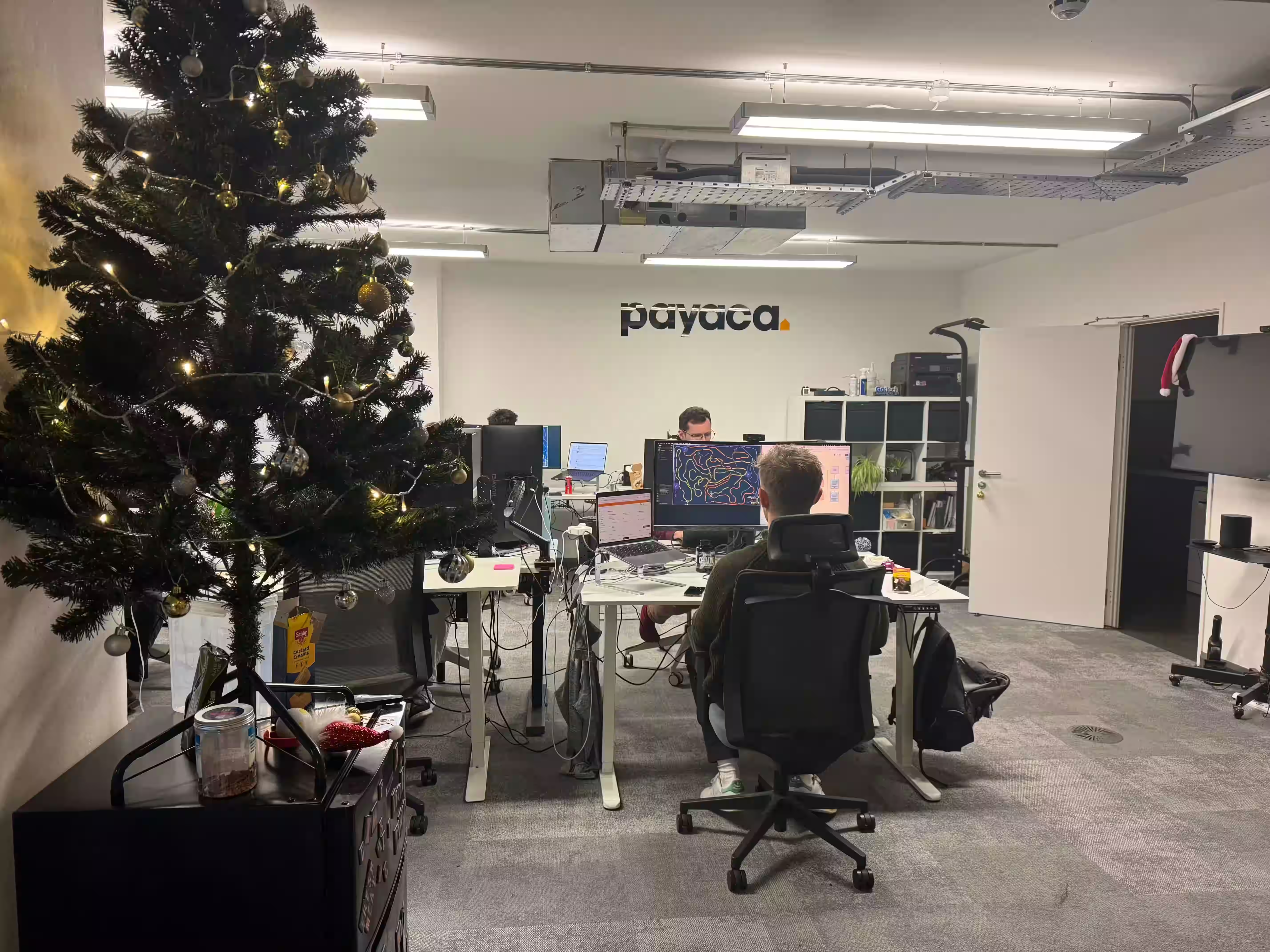
Where US solar demand is headed in 2026 - and how installers can prepare
The US is adding a record 86 GW of new power capacity in 2026, led by solar and battery storage. But the residential market is restructuring fast. Here's where demand is headed, which states are hottest, and what growing installers need to do now.
Matt Franklin
March 4, 2026























